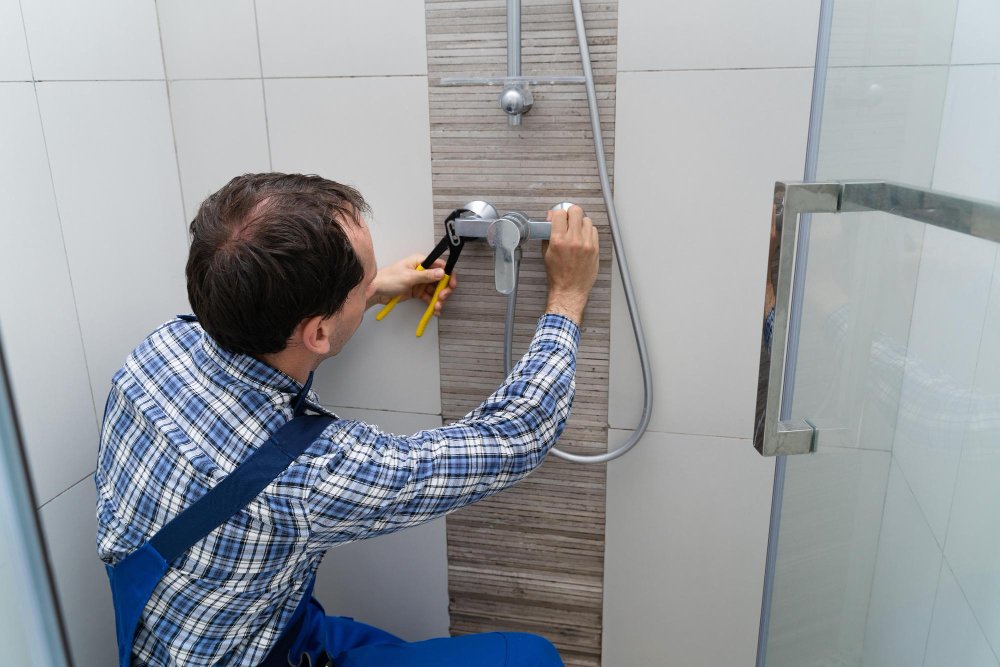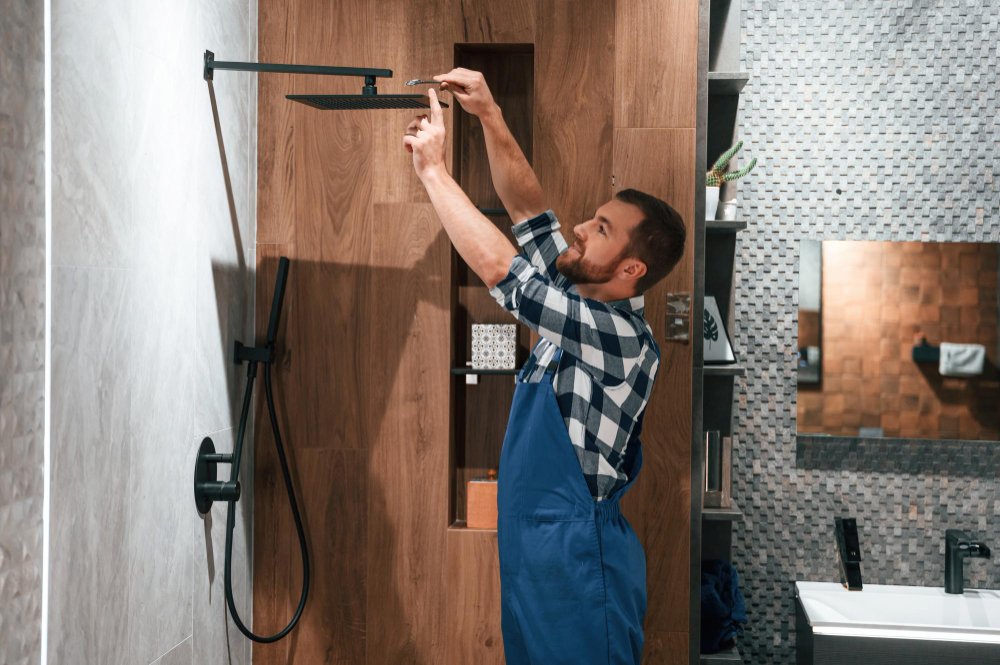When planning a bathroom remodel, one of the most important factors to consider is the shower replacement cost. Beyond aesthetics, the material and design you choose will directly impact both your budget and long-term maintenance. To help homeowners make informed decisions, here is a comparative look at the most common shower replacement options, their price ranges, and key advantages.
Understanding the Basics of Shower Replacement Costs
The overall cost of replacing a shower depends on several elements:
- Material – tile, fiberglass, acrylic, cultured marble, or glass.
- Size – larger showers require more material and labor.
- Customization – built-in seating, shelving, or premium fixtures increase expenses.
- Labor and Installation – professional installation is critical for durability and waterproofing.
On average, homeowners can expect to spend anywhere from $1,200 to $8,000 depending on the chosen style and scope of work.
1. Fiberglass Showers
- Cost Range: $1,200 – $3,000
- Pros: Affordable, lightweight, relatively quick to install.
- Cons: Limited design options, prone to scratching and staining over time.
Fiberglass is often the go-to option for budget-conscious remodels or rental properties. While functional, it may lack the visual appeal and durability of higher-end alternatives.

2. Acrylic Showers
- Cost Range: $1,500 – $4,000
- Pros: Durable, more color options, easier to repair than fiberglass.
- Cons: Can yellow with age if not properly maintained.
Acrylic is a step up in terms of longevity and aesthetics, providing a balance between cost-effectiveness and design flexibility.
3. Tile Showers
- Cost Range: $3,000 – $8,000+
- Pros: Highly customizable, timeless appearance, wide range of materials (ceramic, porcelain, natural stone).
- Cons: Labor-intensive installation, grout maintenance required.
Tile is often considered the gold standard for luxury bathroom remodels. While it commands a higher initial investment, its aesthetic appeal and durability make it a long-term favorite.
4. Cultured Marble Showers
- Cost Range: $3,500 – $7,000
- Pros: Elegant appearance, seamless panels reduce grout lines, durable.
- Cons: Higher price point, professional installation required.
Cultured marble offers the look of natural stone without the high maintenance. It’s an attractive option for homeowners seeking elegance and low upkeep.
5. Glass Showers (Frameless or Semi-Frameless)
- Cost Range: $4,000 – $8,000+
- Pros: Sleek, modern, makes small bathrooms appear larger.
- Cons: Higher cost, requires regular cleaning to avoid water spots.
A glass shower enclosure paired with tile or stone walls is often the pinnacle of luxury design. While expensive, it can significantly elevate the value and appeal of a home.
Cost Comparison at a Glance
| Material | Average Cost Range | Durability | Maintenance Level | Aesthetic Appeal |
|---|---|---|---|---|
| Fiberglass | $1,200 – $3,000 | Moderate | Low | Basic |
| Acrylic | $1,500 – $4,000 | Good | Low | Moderate |
| Tile | $3,000 – $8,000+ | Excellent | High | Timeless |
| Cultured Marble | $3,500 – $7,000 | Excellent | Low | Elegant |
| Glass | $4,000 – $8,000+ | High | Moderate | Luxury |
To Sum It All Up
The right shower replacement cost is about more than just the price tag—it’s about balancing budget, design, and long-term value. Fiberglass and acrylic remain budget-friendly choices, while tile, cultured marble, and glass offer higher-end aesthetics and durability.
Before making a decision, homeowners should consider not only initial costs but also ongoing maintenance, lifespan, and resale value. An investment in a well-chosen shower often pays for itself in comfort, convenience, and home equity.
👉 Ready to upgrade? Start by comparing your options, setting a realistic budget, and choosing a design that fits both your lifestyle and your long-term goals.

